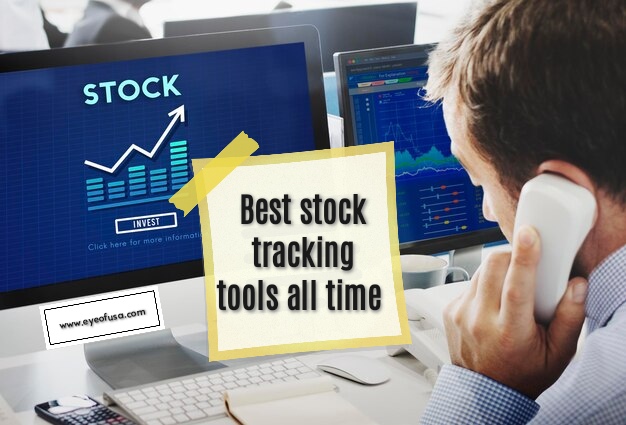Stock Market Analysis: A Comprehensive Guide
What is Stock Market Analysis?
Stock market analysis refers to the evaluation of stocks and financial markets to make informed investment decisions. It involves examining various factors, including a company’s financial health, market trends, and economic indicators.
Why is Stock Market Analysis Important?
Understanding stock market analysis is crucial for investors. It helps you identify potential investment opportunities, assess risks, and make informed decisions to maximize returns. Whether you’re a beginner or an experienced investor, mastering analysis techniques can significantly enhance your investment strategy.
What are the Different Types of Stock Market Analysis?
What is Fundamental Analysis?
Fundamental analysis involves evaluating a company’s financial statements and health to determine its intrinsic value. Key metrics include:
Price-to-Earnings (P/E) Ratio: A measure of a company’s current share price relative to its earnings per share.
Earnings Per Share (EPS): Indicates a company’s profitability by dividing net income by the number of outstanding shares.
What is Technical Analysis?
Technical analysis focuses on price movements and trading volumes to predict future market behavior. Key tools used in technical analysis include:
Charts: Visual representations of price movements over time.
Indicators: Mathematical calculations (like moving averages) used to forecast future price movements.
What is Sentiment Analysis?
Sentiment analysis gauges market sentiment or the overall attitude of investors toward a particular stock or the market as a whole. It considers factors like news headlines, social media trends, and investor behavior.
What Tools and Resources Can Help in Stock Market Analysis?
What Software and Platforms Are Available?
Several platforms assist in stock market analysis:
TradingView: Offers advanced charting tools and social networking for traders.
Bloomberg: Provides financial news, data, and analysis for professionals.
What Data Sources Should Investors Use?
Reliable data sources include:
Financial News Websites: Sites like Yahoo Finance and CNBC offer up-to-date market news and analysis.
Company Filings: Accessing SEC filings helps investors review financial performance and governance.
How Do You Conduct Stock Market Analysis?
What is the Step-by-Step Process for Analyzing Stocks?
- Set Investment Goals: Define your financial objectives and risk tolerance.
- Research Companies: Evaluate potential investments through fundamental analysis.
- Analyze Market Trends: Use technical analysis to identify entry and exit points.
- Monitor News and Sentiment: Stay updated on market news and investor sentiment.
What Common Mistakes Should Investors Avoid?
Overlooking Company Fundamentals: Relying solely on technical indicators can lead to poor investment decisions.
Ignoring Market Trends: Failing to consider broader market conditions can impact individual stock performance.
Can You Provide Real-World Examples of Stock Market Analysis?
What Are Some Successful Case Studies?
One notable example is the analysis of Apple Inc. by various analysts prior to its major growth phase. Investors who understood Apple’s fundamentals, such as its consistent earnings growth and innovative products, capitalized on its stock price appreciation.
What Lessons Can Investors Learn?
Successful stock analysis often highlights the importance of a diversified approach, combining both fundamental and technical analysis to make well-informed decisions.
What is the Conclusion of This Stock Market Analysis Guide?
Stock market analysis is an essential tool for any investor. By understanding and applying various analysis techniques, you can make informed investment decisions that align with your financial goals. Stay updated, continue learning, and apply these insights to navigate the dynamic world of stock investing.

